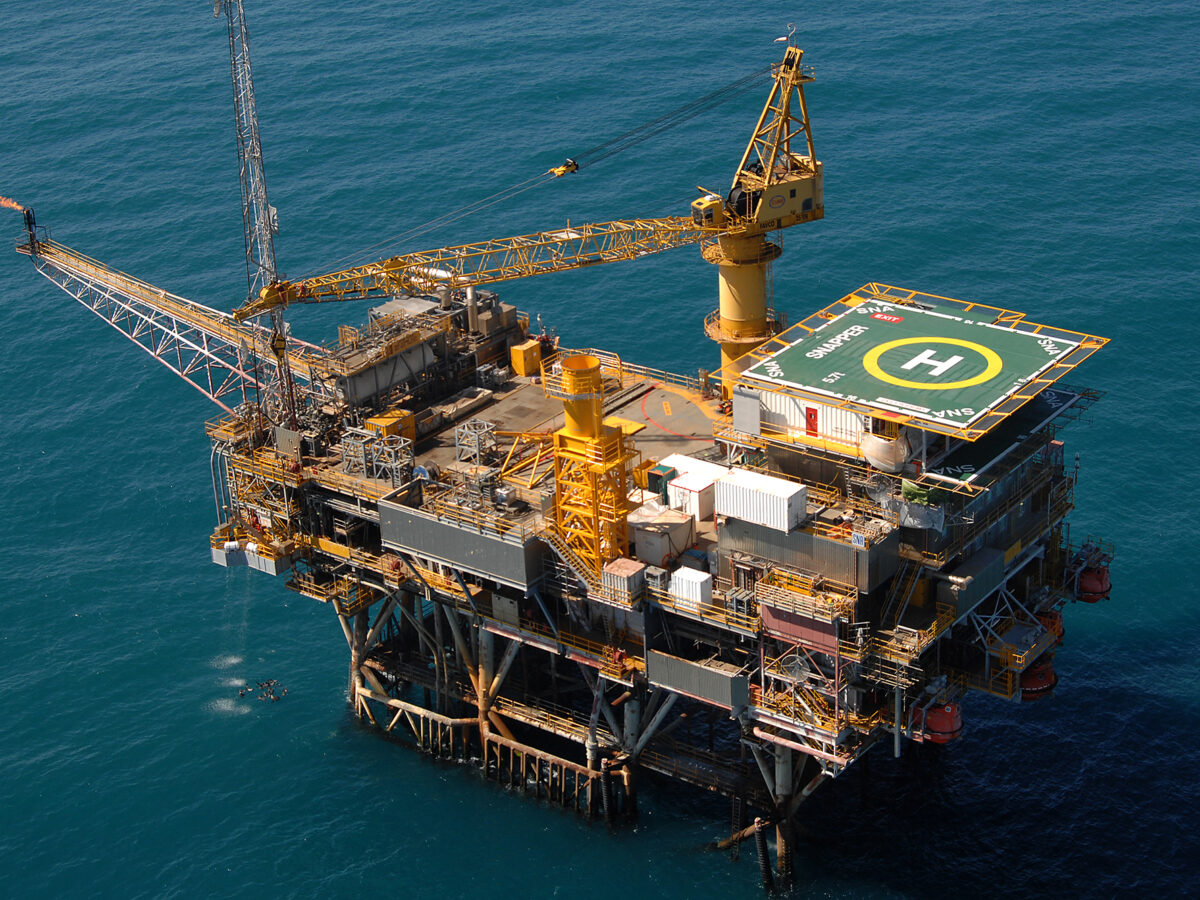Telemedicine for remote oil and gas operations with ExxonMobil

ExxonMobil has embraced the world of telehealth for remote locations, installing the Australian Visionflex GEIS General Examination HD Cameras across its operations in the Bass Strait.
Following a successful trial of the new telemedicine service the subsidiary of ExxonMobil Corporation said the cameras answered one of the biggest challenges in the oil and gas industry – how best to provide services, including medical services, to staff working on remote operations offshore.
According to ExxonMobil Australia’s Manager Medicine and Occupational Health Dr Marcus Hirschfield: “The cameras have definitely improved our service delivery in remote locations by providing clearer visuals when needed during a medical examination.
“The benefit in using telemedicine that utilises the GEIS camera, is that it provides comfort and support to both the person providing first aid and the patient, by having the visuals and the feeling of a ‘doctor/medic in the room’ rather than relying on telephone discussions.
“The higher resolution close-up views afforded by the GEIS cameras are very helpful to our clinicians.”
Dr Hirschfield said there are also financial benefits from the use of telemedicine services in remote offshore operations ‘where it can be shown that potentially unnecessary onshore medical assessments, and even possibly medevacs, can be avoided'.
The Visionflex GEIS camera is part of Visionflex's telemedicine solution which combines software and a range of medical devices, revolutionising the way medical professionals examine, diagnose, monitor, and treat remote patients.
Equipment available includes medical and dental cameras, pulse oximeters, digital stethoscopes, digital thermometers and blood pressure monitors, and electrocardiogram devices, endoscopes and ultrasound imaging equipment.
Guided by a physician, the equipment allows for remote diagnosis and treatment.
Picture: Visionflex
Subscribe to our free @AuManufacturing newsletter here.
Topics Manufacturing News
@aumanufacturing Sections
Analysis and Commentary Awards casino reviews Defence Gambling Manufacturing News Online Casino Podcast Technology Videos





